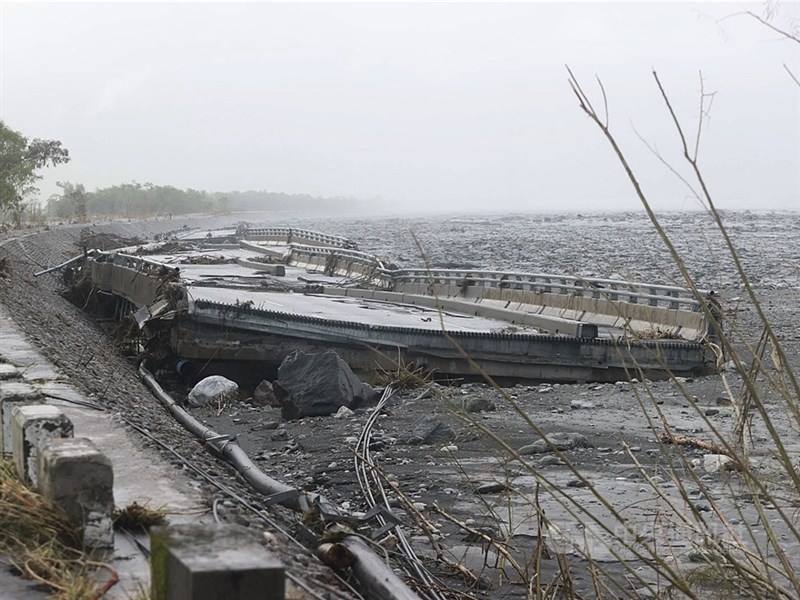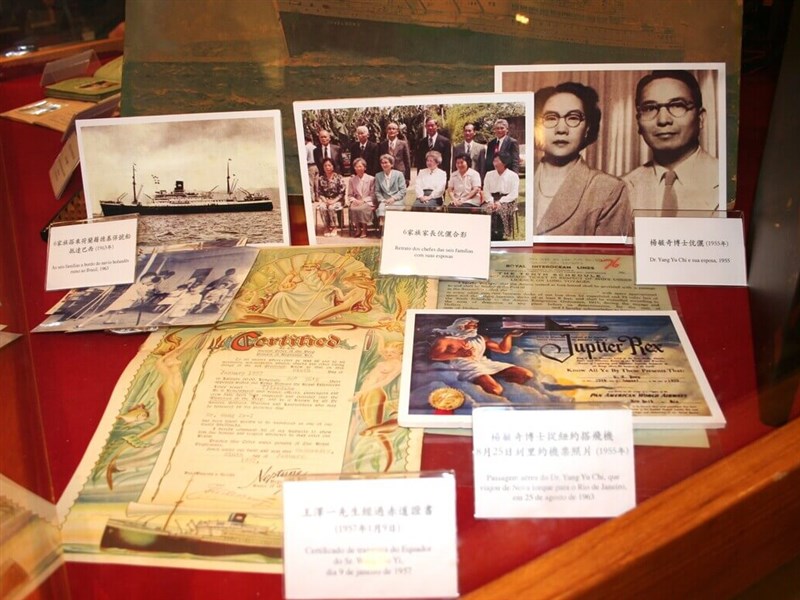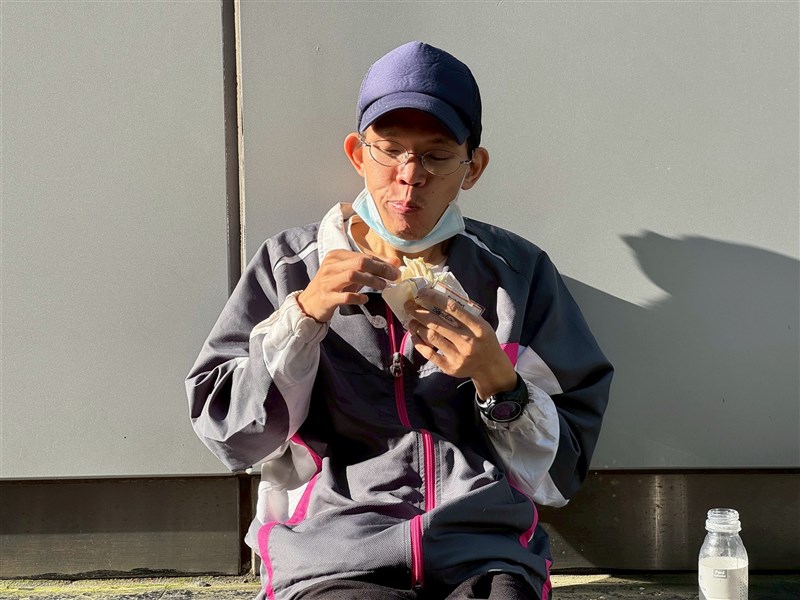FEATURE/Documentary tells 'forgotten' story of Taiwan's 1st Olympic medalist
09/25/2024 10:49 AM
Several Taiwanese athletes became household names at this year's Paris Olympics, most prominently among them Lin Yu-ting (林郁婷), who overcame controversy to win Taiwan's first-ever Olympic gold in boxing.
(Full text of the story is now in CNA English news archive. To view the full story, you will need to be a subscribed member of the CNA archive. To subscribe, please read here.)
More in FEATURE
![Hualien flood leaves Taiwan grappling with disaster response gaps]() Hualien flood leaves Taiwan grappling with disaster response gapsOn Sept. 23, a historic downpour caused the Matai'an Barrier Lake in Hualien to burst its banks, sending 60 million tons of water and debris through Guangfu Township and killing at least 19 people.10/16/2025 05:02 PM
Hualien flood leaves Taiwan grappling with disaster response gapsOn Sept. 23, a historic downpour caused the Matai'an Barrier Lake in Hualien to burst its banks, sending 60 million tons of water and debris through Guangfu Township and killing at least 19 people.10/16/2025 05:02 PM![Fala Formosa! Taiwanese expats to Brazil carve 7 decades of immigrant stories]() Fala Formosa! Taiwanese expats to Brazil carve 7 decades of immigrant storiesSão Paulo is not typically thought of as a hotspot for Taiwanese restaurants and Boba tea shops, much less places that attract long lines of patrons.10/03/2025 04:08 PM
Fala Formosa! Taiwanese expats to Brazil carve 7 decades of immigrant storiesSão Paulo is not typically thought of as a hotspot for Taiwanese restaurants and Boba tea shops, much less places that attract long lines of patrons.10/03/2025 04:08 PM![A recipe for daily life: Taipei's homeless struggle to find food]() A recipe for daily life: Taipei's homeless struggle to find foodUnlike most Taipei residents, Chang Yun-hsiang's (張雲翔) first view in the morning is the open sky. His alarm is the sound of increasing vehicular and pedestrian traffic near Taipei Main Station, where he sleeps on the street a block away.09/20/2025 03:34 PM
A recipe for daily life: Taipei's homeless struggle to find foodUnlike most Taipei residents, Chang Yun-hsiang's (張雲翔) first view in the morning is the open sky. His alarm is the sound of increasing vehicular and pedestrian traffic near Taipei Main Station, where he sleeps on the street a block away.09/20/2025 03:34 PM
Latest
- Politics
Ko Wen-je maintains innocence in Core Pacific City bribery case
12/16/2025 11:08 PM - Society
Cyclist killed by bus while crossing street in Taipei
12/16/2025 10:32 PM - Sports
2026 Taiwan-Japan baseball exchange series set for Taipei Dome in February
12/16/2025 09:58 PM - Cross-Strait
Ex-Taiwan premier highlights industrial cooperation at cross-strait summit
12/16/2025 09:47 PM - Society
Lunar New Year train tickets to go on sale mid-January
12/16/2025 08:56 PM


